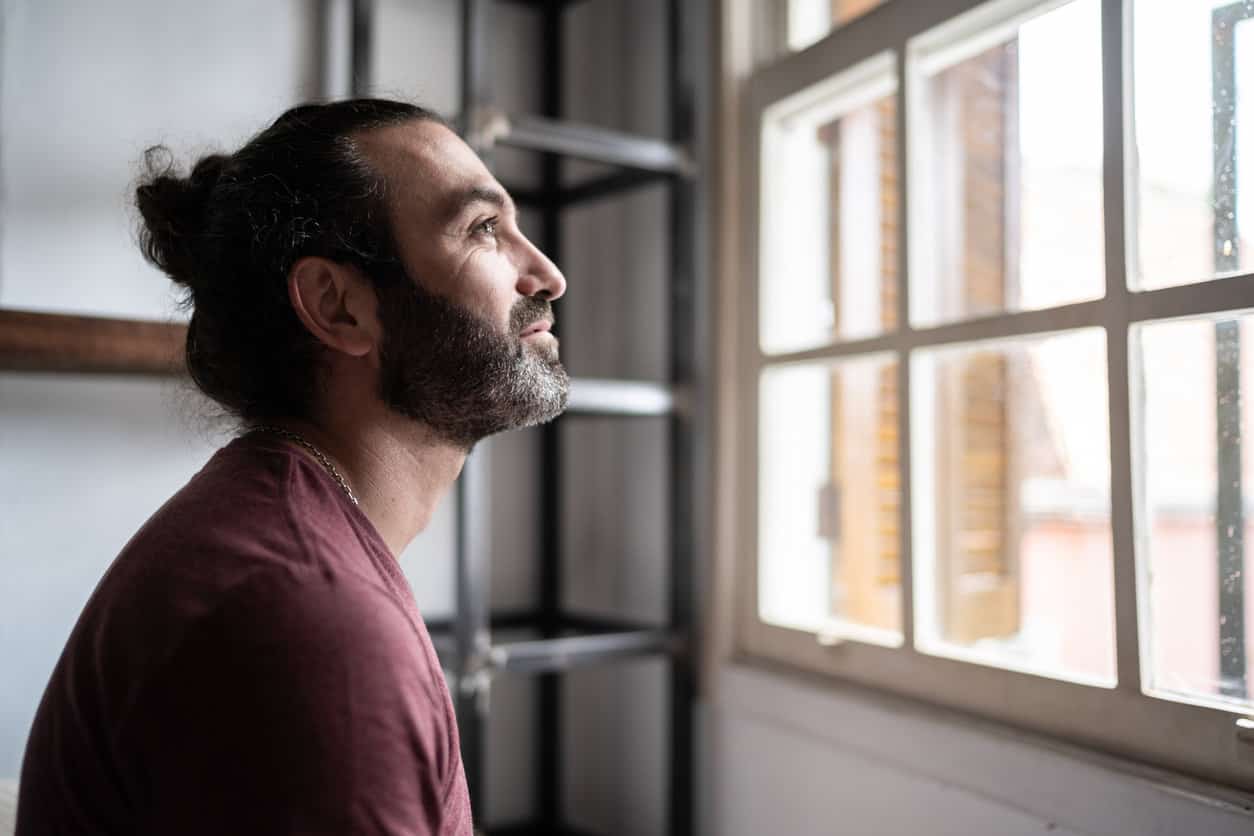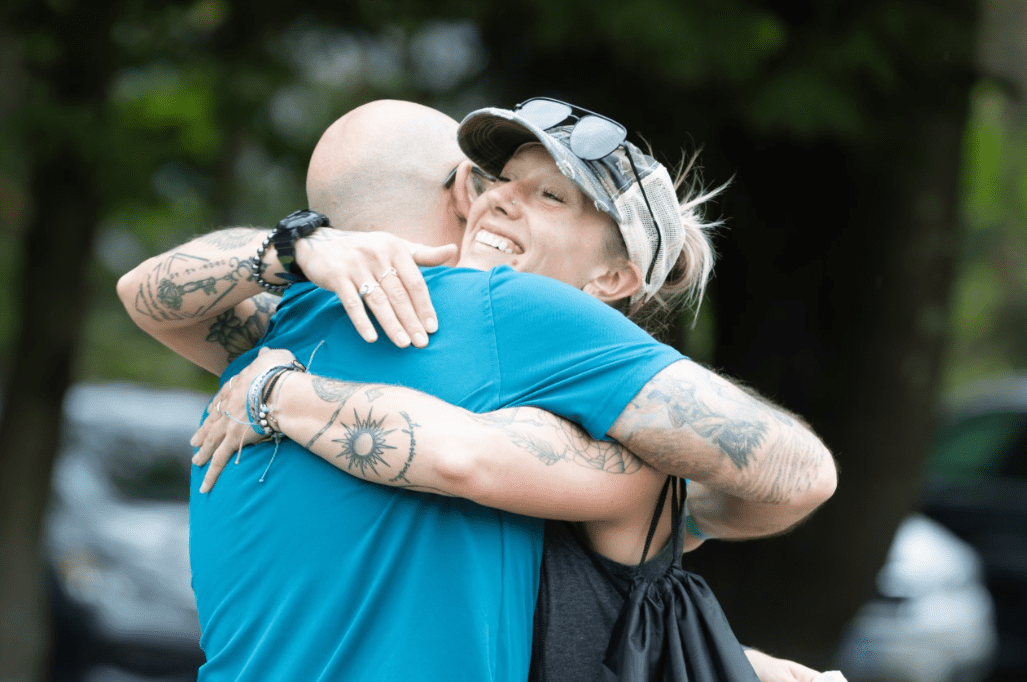If you look up any quotes about the past, you find sayings like, “Leave the past in the past,” or “Don’t look back, you’re not going that way.” Though these can be helpful when we feel stuck in moments of doubt, they disregard the importance of self-reflection.
Self-reflection is an extremely important aspect of recovery, especially self-reflection about your past. If you think about it, the person you are today is the sum of all the experiences that have touched your life − the good, the bad, and the ugly. To disregard the past and only look forward does you a disservice. There are many benefits of looking at our own past because there is a wealth of information into our patterns, thoughts, feelings, and beliefs.
Looking at our past helps us see the patterns of behaviors that no longer serve us. When we can pause and identify “I know that when this happens, I react like this,” it helps us to be able to respond rather than react when similar patterns come up again for us. Take, for example, when I spoke with my father about how I felt and I didn’t act out of anger, or when someone was inconsiderate to me and I was able to take a breath and take care of myself. These are little successes that we can celebrate because we know how far we have come in those moments.
Looking at our past helps us release the judgment of others. When we see how much we have transformed, it allows us to have an open mind. When we see someone entering recovery for the first time, we can be an empathetic ear because we are able to see how far we have come and act as a role model for others. This goes back to the importance of service in recovery, and we can only do that if we have empathy for ourselves and others through reflecting on the past.
Last but not least, looking at our past can give us a sense of gratitude. Like I said earlier, we are the sum of our experiences. Thinking of the past as a teacher can help us be grateful for the lessons that it has taught us. It can give us renewed hope for our future and our ability to be resilient. When we look to the past we can see that we not only survived but thrived.
I challenge you to look at your story − all the parts of your story. This is what makes you the person you are today. So, don’t erase the parts you don’t like. Embrace it as a part of the beautiful tapestry that helped you reach where you are in recovery today.
If you or a loved one is struggling with addiction, Mountainside can help.
Click here or call (888) 833-4676 to speak with one of our addiction treatment experts.

 By
By 







